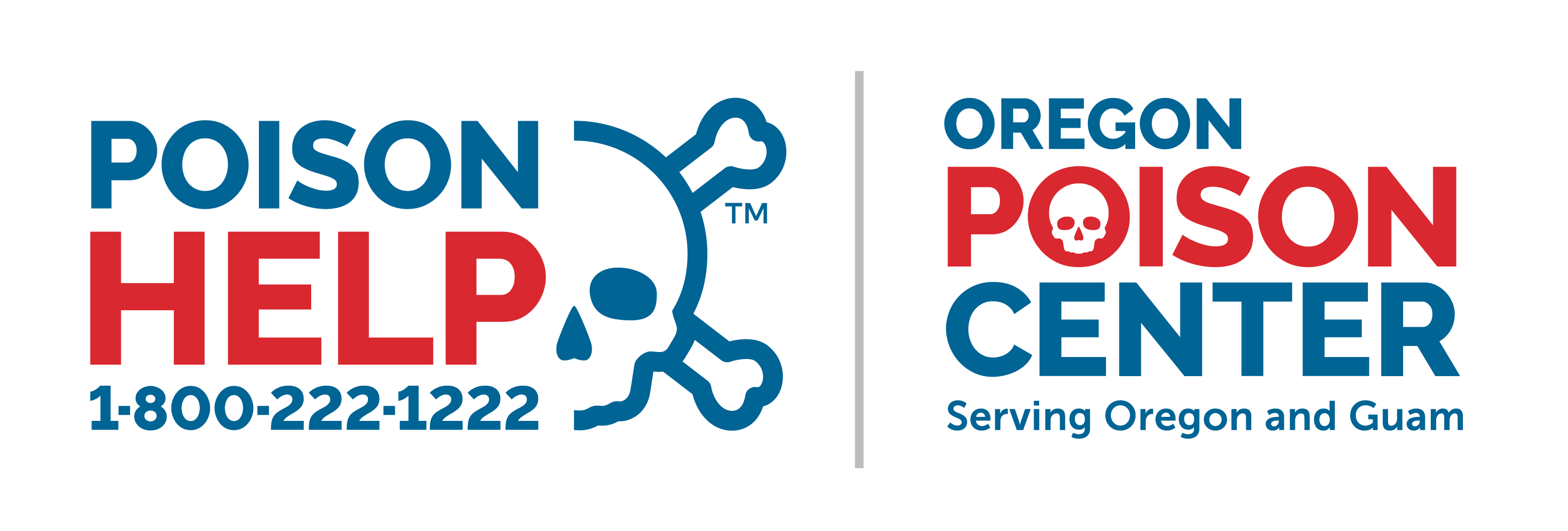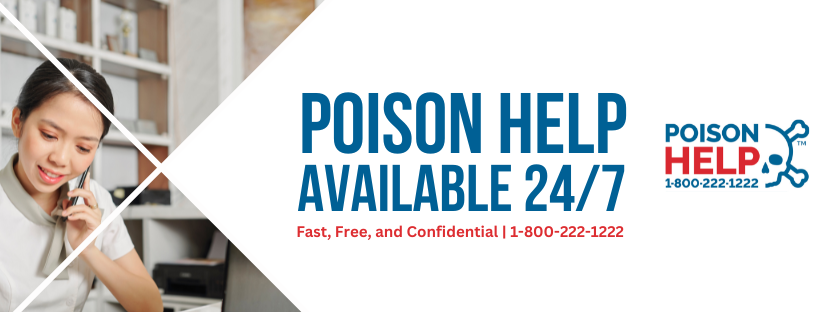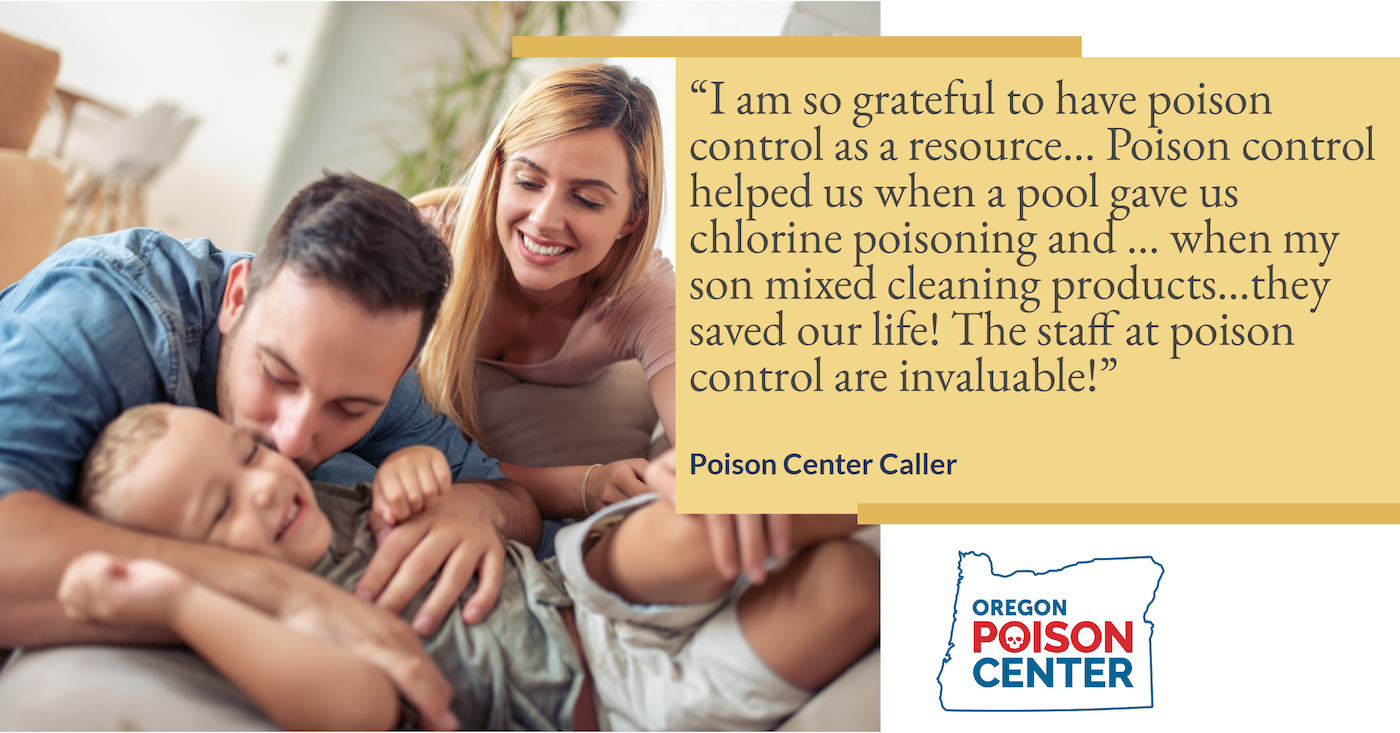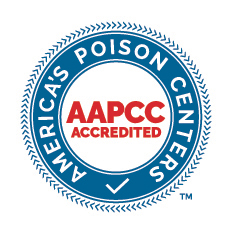
The Oregon Poison Center is a 24-hour health care information and treatment resource for poison emergencies serving Oregon and Guam. Our Mission is to prevent poisonings and to minimize adverse effects of exposures to drugs, poisons, chemicals and natural toxins. To guide effective utilization of health care resources by serving the public, health care providers and public health agencies, through telephone advice and consultation, educational outreach, research and emergency response planning.

Your Donation Supports our Work

Poison Help Online

Social Media Links
Connect with us
AAPCC Accredited

Quick Links
Poison Center News & Alerts
Nitrous Oxide and Inhalant Misuse

Re-Accredited by America's Poison Centers
We are pleased to announce that the Oregon Poison Center has been re-accredited by AAPCC, the accrediting division of America's Poison Centers for another 7 years, effective 2025-2032! 🎉 This designation reflects continued compliance with national standards for quality and safety in providing poison information and treatment advice. We are proud of the hard work and dedication by our staff, colleagues and partners who support this important work.

Service Announcement
Beginning July 1, 2024, the Oregon Poison Center will no longer provide poison center services to the Alaska Department of Health. It has been our pleasure to serve the people of Alaska over the last 23 years. We appreciate the collaborative relationships with Alaska’s health care providers, public health department and community partners. Please direct questions regarding this service change to the Alaska Department of Health at 907-334-2596.